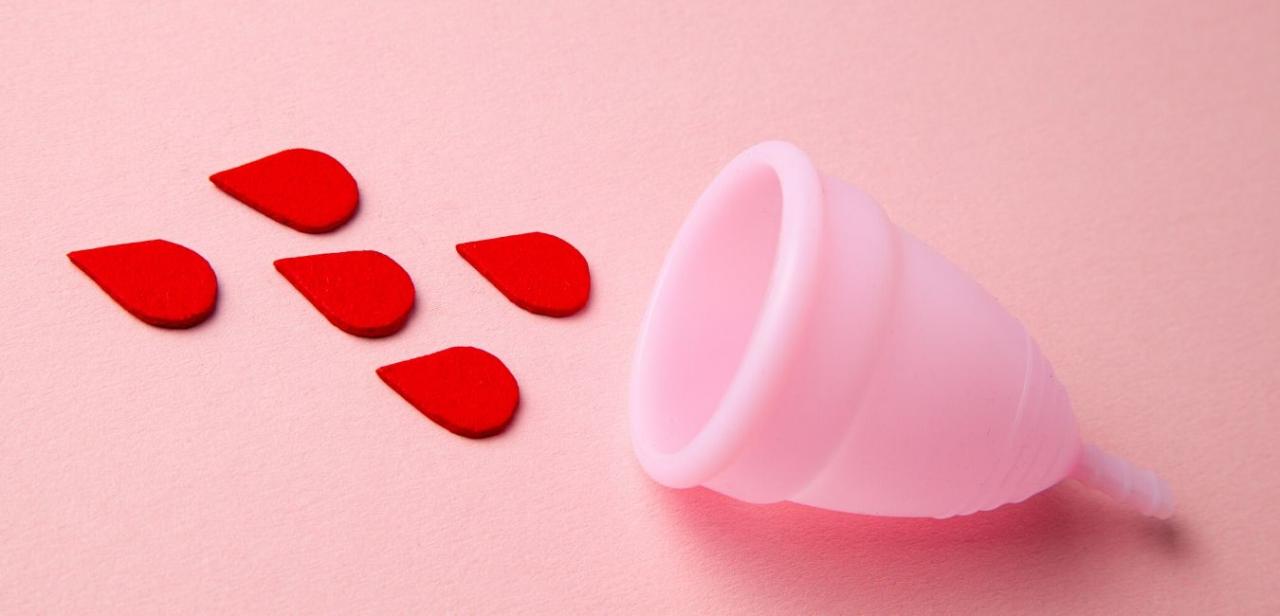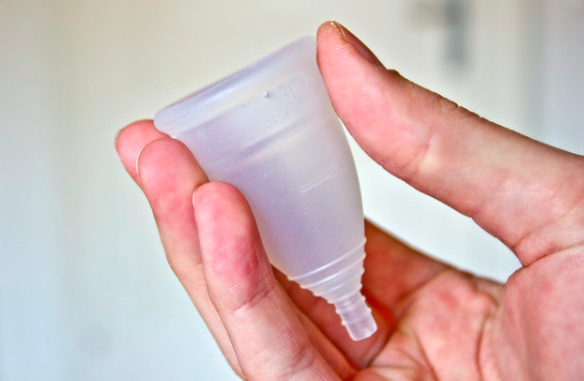 Auremar/PhotoSpin
Auremar/PhotoSpin
Are you trying to get pregnant? Do you know when you ovulate each month? Tracking menstrual cycles is a low-tech way of estimating when your body ovulates.
I will give you some ways you can track your cycles to help you figure out when you are ovulating. This will help you know when to have sex and be most likely to fertilize your eggs.
One of the best ways to figure out your ovulation time is tracking your menstrual cycle each month. Each month one egg from one of your ovariesis moved through all of the follicular phases of development. The egg is released into the fallopian tubes and travels through them to the uterus in hopes of being fertilized.
Before ovulation only estrogens are produced in the ovaries but after ovulation both estrogens and progesterone are produced. The presence of progesterone actually slightly raises our body temperature by .1 to .2 degrees. After noticing this slight difference you can decide when to have sexual intercourse to increase your chances of fertilizing your eggs with your partner's sperm.
Tracking your menstrual cycle requires that you observe your body every day and note your basal body temperature. Tracking will require you to take your temperature starting the first day of your menstrual period, and for every day for your entire period.
Here is an example of how it works. Days before ovulation a woman’s basal body temperature is 97.0 – 97.5 degrees Fahrenheit and it increases slightly by .1 - .2 degrees after ovulation because of the release of progesterone.
It is best to take your temperature first thing in the morning before you get out of bed every day. This means before you eat or drink or start moving around! It doesn’t matter the method you decide to use, whether oral, rectal, or vaginal. Just use the same method each day.
Another way to track your menstrual cycle is to track your cervical mucus during the course of the month. Your cervix is located at the opening of your uterus and it is the gateway into your uterus and to your eggs after fertilization.
Your cervical mucus changes at different stages of your menstrual cycle. Before ovulation the mucus is thick to prevent sperm or microorganisms getting into the uterus.
During ovulation the mucus thins and looks clear, having the consistency of egg white. This increases sperms' ability to get to the egg. Then after a few days of ovulation it gets thick to prevent sperms again.
You can check your cervical mucus each morning in the bathroom by running a clean finger over your vaginal lips to see if the mucus is clear and the consistency of egg whites you are ovulating.
Live Vibrantly,
Dr. Dae
Dr. Daemon Jones
Dr. Dae's website: www.HealthyDaes.org
Dr. Dae's Bio:
Dr. Daemon Jones is your diabetes reversal, hormones, metabolism and weight loss expert. Dr. Dae naturopathic doctor who treats patients all over the country using Skype and phone visits, visit her or schedule a free consultation at her website, www.HealthyDaes.org
Sources:
"Charting Menstrual Cycle: Which Days Are You Most Fertile?." WebMD - Better information. Better health.. N.p., n.d. Web. 11 June 2013.
http://www.webmd.com/baby/charting-your-fertility-cycle
"Video: Ovulation - MayoClinic.com." Mayo Clinic. N.p., n.d. Web. 11 June 2013.
http://www.mayoclinic.com/health/ovulation/MM00108
Key words:
Reviewed June 12, 2013
by Michele Blacksberg RN






Add a Comment1 Comments
Thanks for the great article! It's wonderful that you're spreading the word about understanding our bodies naturally. That was the main goal behind the Female Empowerment Bracelet http://www.feby.com to teach girls at a young age so they are knowledgable about the menstrual cycle all month long, every month. I'd love to hear what you think.
June 12, 2013 - 12:45pmThis Comment